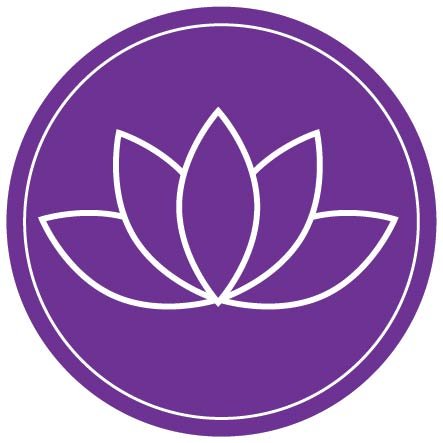The Profound Power of Gratitude
Hey folks, Dr Darin here.
As Thanksgiving weekend comes to an end, I’d like to reflect a bit on being thankful. I have always had a profound relationship with the concept of gratitude, even beyond the Thanksgiving holiday. I see every day as an opportunity to be thankful. We can bring the energy of Thanksgiving into every moment. Let’s look at what happens inside of us when we practice thankfulness. Gratitude is far more than just saying “thank you” – it holds the power to transform our lives and shape our well-being. Beyond the surface level, there are fascinating neurological and biochemical connections that shed light on why expressing gratitude is so fundamental. Let’s set out on a journey of the science behind gratitude and explore its profound impact on our minds and bodies. Who’s ready to nerd out with me?
Numerous studies have revealed the neurological impact of gratitude on our brains. Expressing gratitude activates some really cool areas of the brain; the anterior cingulate cortex (ACC) and the medial prefrontal cortex (mPFC), which are associated with emotions, social cognition and moral reasoning. Who couldn’t use more of that? These brain regions play a crucial role in regulating emotions, improving self-awareness and enhancing interpersonal relationships.
Regular practice of gratitude has been found to increase the size of these brain regions, reinforcing positive emotions and reducing stress. Being thankful literally makes the good parts of your brain get bigger.
Gratitude also exerts a profound influence on our biochemical makeup. When we experience feelings of gratitude, the brain releases dopamine, a neurotransmitter associated with pleasure and reward. This surge of dopamine not only enhances our mood but also motivates us to seek out more positive experiences. This is why it’s easier to KEEP doing the good things, than it is to actually START doing the good things. Success breeds success. Gratitude also stimulates the production of serotonin, a neurotransmitter that contributes to feelings of happiness and well-being. Additionally, expressing gratitude has been found to reduce levels of cortisol, the stress hormone, thereby alleviating anxiety and promoting better sleep. We can all use more of the happy chemicals, amiright?
Cultivating gratitude has been linked to a range of mental health benefits. Research suggests that individuals who regularly engage in gratitude practices experience lower levels of depression, anxiety and stress. Gratitude exercises, such as keeping a gratitude journal or writing thank-you letters, can shift our focus from negative rumination to positive aspects of life. By rewiring our brains to notice and appreciate the good, we enhance our overall mental well-being.
Beyond mental health, gratitude also positively impacts our physical well-being. Studies indicate that grateful individuals exhibit lower blood pressure, reduced inflammation, improved cardiovascular health and a stronger immune system. Moreover, being grateful promotes healthier lifestyle choices, such as regular exercise and a balanced diet, further enhancing our overall physical health.
Gratitude is a powerful force that shapes our minds and bodies. By fostering a sense of gratitude through daily practices, we can cultivate a more positive outlook, improve our relationships and enhance our overall quality of life. Let us embrace the transformative power of gratitude and experience its countless benefits.
All of us here at Vitality hope you had the best Thanksgiving and use this as a reminder to continue the Thanksgiving spirit throughout the upcoming holidays.
